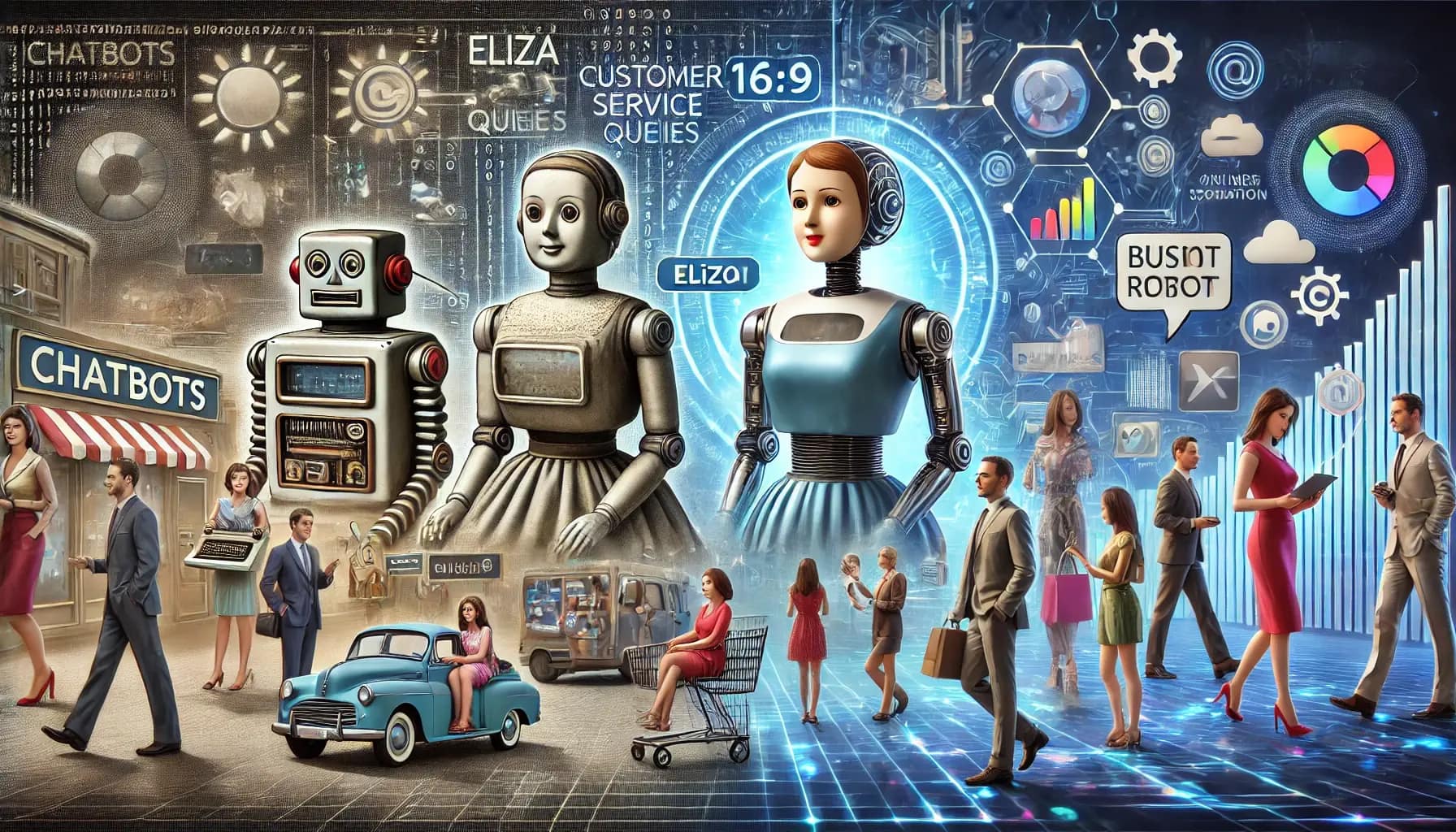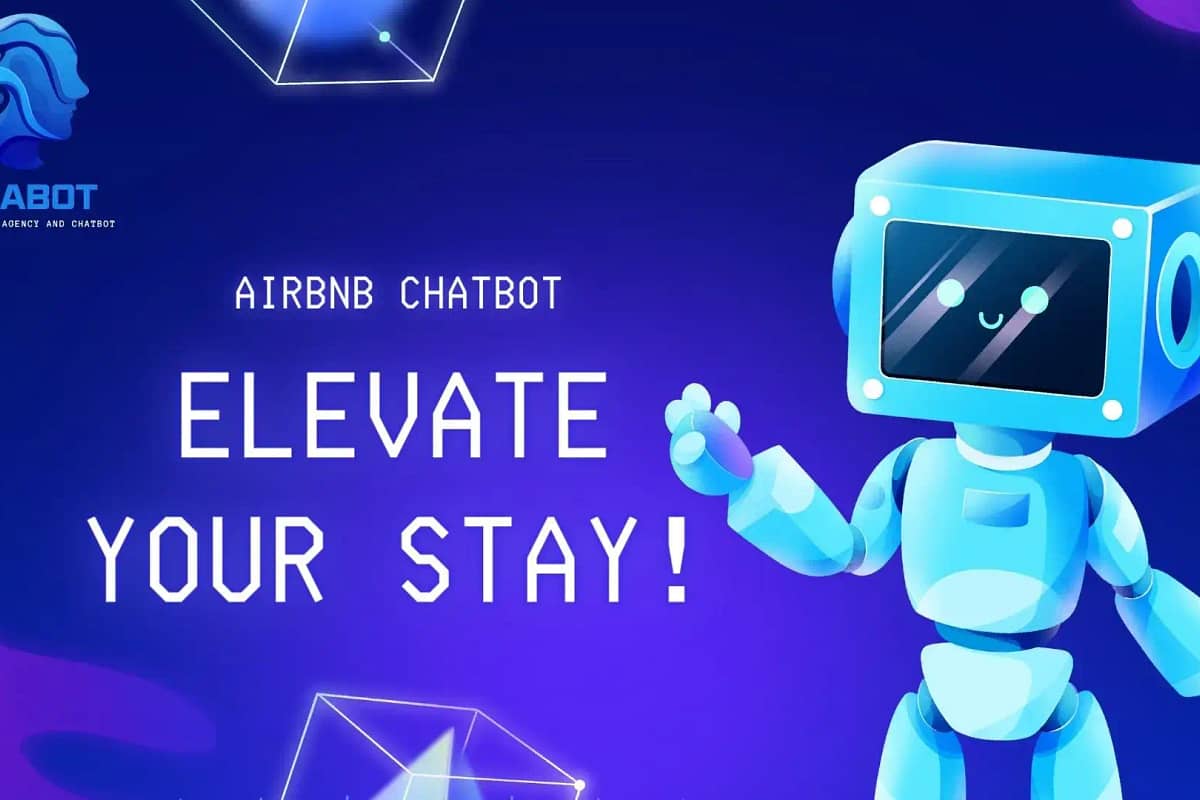Did you know that 80% of businesses plan to use chatbots by 2025? Understanding chatbot meaning is crucial in today’s digital age. Chatbots are transforming customer service, making interactions faster and more efficient. This blog post explores what chatbots are, how they work, and why they’re essential for modern businesses. Dive in to learn how these AI-driven tools can enhance user experience and streamline operations.
Chatbot Meaning: Discover 5 Powerful Benefits Today!
Key Takeaways
- Understand the Basics: Chatbots are automated programs designed to simulate conversations with human users, often through text or voice interactions.
- Business Benefits: Implementing chatbots can save time and reduce costs by automating customer service and support tasks.
- Enhance Customer Engagement: Chatbots can improve customer engagement by providing instant responses and personalized experiences.
- Implementation Tips: Start small with a specific use case, ensure proper integration with existing systems, and continually monitor chatbot performance.
- Stay Future-Ready: Keep an eye on emerging technologies like AI and machine learning to enhance chatbot capabilities and stay competitive.
Understanding Chatbot Meaning and Functionality
Definition and Basics
Chatbots are AI-driven software that simulate conversations with users in natural language. They have evolved from simple rule-based systems to advanced AI models. Early chatbots followed strict scripts. Modern chatbots use complex algorithms.
Basic functionality includes understanding user input, processing it, and delivering a response. They automate interactions, saving time for businesses and users.
How They Work
Natural language processing (NLP) helps chatbots understand user queries. NLP breaks down sentences into understandable parts. The chatbot then processes this information.
The process starts when a user sends a message. The chatbot analyzes the text using NLP. It searches its database for relevant responses. Finally, it delivers an appropriate reply.
Machine learning improves response accuracy over time. The more data a chatbot processes, the better it becomes at answering questions.
Types of Chatbots
Rule-based chatbots follow predefined rules. They work well for simple tasks but struggle with complex queries. AI-powered chatbots use machine learning and NLP to handle more sophisticated interactions. Chatbot meaning can vary, but generally, AI-powered chatbots use machine learning and NLP to handle more sophisticated interactions.
Specialized chatbots serve specific industries like healthcare or finance. For example, healthcare chatbots can provide medical advice based on symptoms.
Hybrid models combine human oversight with AI capabilities. These chatbots handle complex issues by involving human agents when necessary.
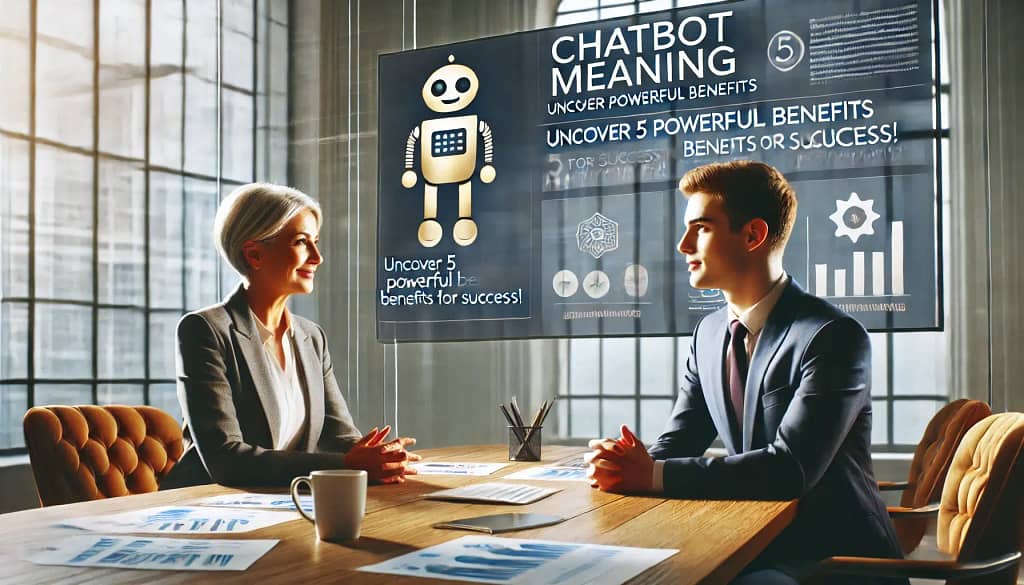
Benefits of Chatbots for Businesses
Enhance Customer Service
Chatbots offer instant support to common customer inquiries. They provide quick answers, reducing the need for human intervention. Chatbot meaning encompasses their ability to handle a wide range of tasks, from simple to complex. Complex issues are escalated to human agents, ensuring customers receive the help they need.
Wait times are reduced significantly. This leads to higher customer satisfaction scores. Businesses can handle more inquiries efficiently.
Streamline Operations
Chatbots automate routine tasks. Employees can focus on more complex work. This increases overall productivity.
They manage bookings, appointments, and reminders effectively. Operational processes become more efficient with chatbot integration. Time and resources are saved.
Increase Sales
Chatbot meaning extends to guiding customers through the sales funnel. They provide personalized recommendations based on user preferences. This helps in making informed purchase decisions.
They capture leads and initiate contact with potential customers. Chatbots play a crucial role in upselling and cross-selling products and services. Sales figures improve as a result.
Gather Insights
Chatbots collect valuable customer data during interactions. This data is analyzed for trends and patterns in customer behavior.
Insights gathered help in improving products, services, and customer experiences. Businesses can make better decisions based on this information.
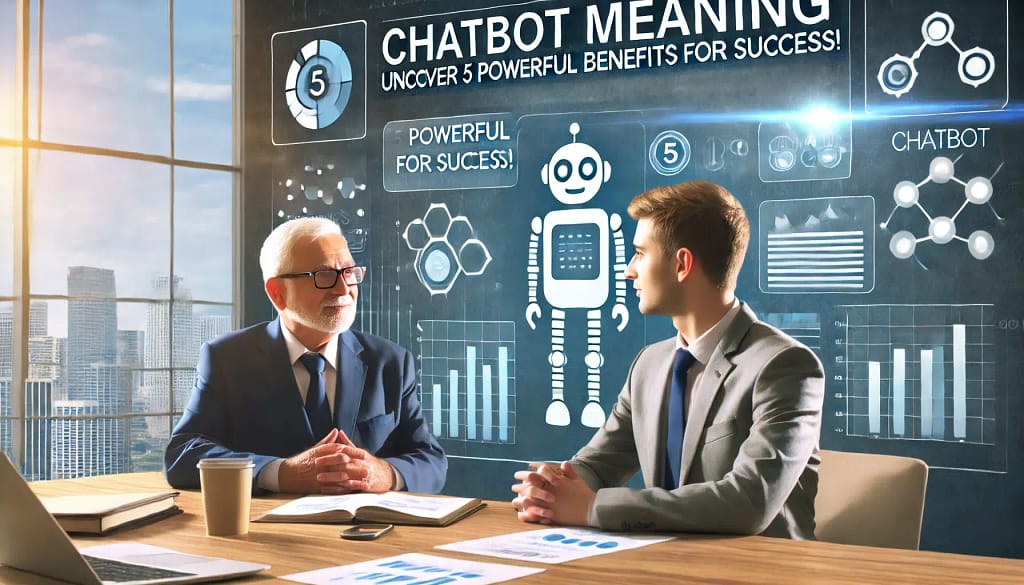
Chatbots and Customer Engagement
Personalized Interactions
Chatbots can remember past interactions with customers. This helps create tailored conversations. Using customer data, chatbots customize responses and recommendations.
Personalized interactions boost customer loyalty. Customers feel valued when their preferences are acknowledged. Engaged customers are more likely to return.
24/7 Availability
Chatbots offer round-the-clock availability. They handle customer inquiries at any time of the day or night. This is crucial for global businesses.
Constant support reduces downtime. Customers receive continuous service, which enhances satisfaction. Live chat customer service chatbots ensure no query goes unanswered.
Immediate Responses
Chatbot meaning includes providing instant answers to user queries. Chatbots provide instant answers to user queries. Immediate responses enhance customer experience. Unlike traditional customer service, there are no long wait times.
Quick replies keep customers happy. They solve issues faster, leading to higher satisfaction rates. Robust customer services chatbots outperform many human-operated systems.
Implementing Chatbots
Choosing the Right Platform
Selecting a chatbot platform involves several factors. Consider scalability to ensure the chatbot can handle increasing user interactions. Customization is key for tailoring the chatbot to specific business needs. Integration capabilities with existing systems are also crucial.
It’s important to choose a platform that aligns with business goals. For example, marketing chatbots should integrate well with CRM systems. Security and data privacy compliance are essential. Ensure the platform meets regulations like GDPR.
Designing Conversations
Creating natural and engaging conversations is vital. Use natural language processing (NLP) to make interactions feel human-like. User feedback helps refine conversation flows and improve user experience.
Best practices include defining clear objectives for the chatbot. For instance, an effective chatbot strategy might focus on customer support or sales inquiries. Keep conversations concise and relevant to maintain user interest.
Training and Testing
Training chatbots is an ongoing process. Regularly update them with new data to improve accuracy. Testing in real-world scenarios ensures reliability and effectiveness.
User feedback plays a significant role in training chatbots. Incorporate this feedback to enhance performance over time. Methods like A/B testing can help identify areas for improvement.
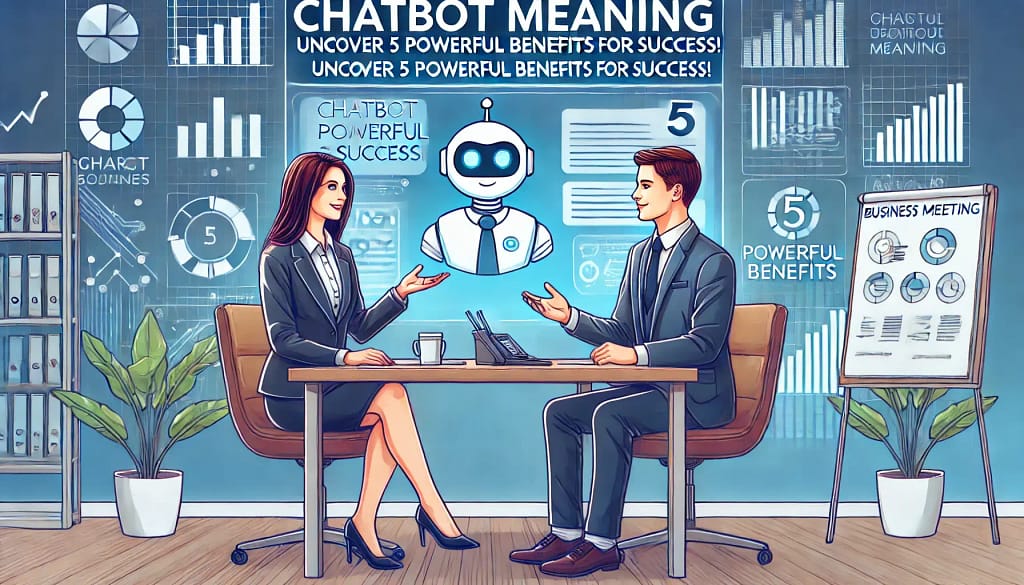
Future of Chatbots in Business
Trends and Predictions
Voice recognition is becoming a key feature in chatbots. This allows users to interact more naturally. Predictive analytics also plays a big role. It helps chatbots anticipate user needs.
Experts predict that chatbots will become more autonomous. They will make decisions without human intervention. Context-aware chatbots will understand the situation better, providing more relevant responses.
Evolving Customer Expectations
Customers now expect instant service. They want personalized interactions too. Chatbots help meet these needs quickly.
Chatbots are used across various channels like websites, apps, and social media. This makes them versatile tools for businesses. Updating chatbot capabilities is crucial. It ensures they keep up with changing customer demands.
Closing Thoughts
Chatbots are transforming how you engage with customers and streamline business operations. They offer efficiency, improved customer service, and a glimpse into the future of AI in business. By implementing chatbots, you’re not just keeping up with trends; you’re setting the standard for customer engagement.
Ready to take your business to the next level? Explore chatbot solutions today and see the difference they make. Stay ahead of the curve, boost your customer interactions, and watch your business thrive. The future is now—don’t miss out!
Frequently Asked Questions
What is a chatbot?
A chatbot is an AI software that simulates human conversation. It interacts with users via text or voice, providing instant responses.
How do chatbots benefit businesses?
Chatbots improve customer service by offering 24/7 support. They handle multiple queries simultaneously, reducing wait times and operational costs.
Can chatbots enhance customer engagement?
Yes, chatbots engage customers through personalized interactions. They provide quick answers, recommend products, and offer a seamless user experience.
How are chatbots implemented in a business?
Businesses implement chatbots using AI platforms like IBM Watson or Google Dialogflow. Integration with websites or apps is done via APIs.
What is the future of chatbots in business?
The future of chatbots includes advanced AI capabilities. They will offer more personalized interactions and integrate seamlessly with other business tools.
Are chatbots secure for handling customer data?
Yes, reputable chatbot platforms use encryption and security protocols to protect customer data. Always choose a trusted provider.
Do chatbots require ongoing maintenance?
Yes, regular updates and monitoring are needed. This ensures they function correctly and stay relevant to user needs.



